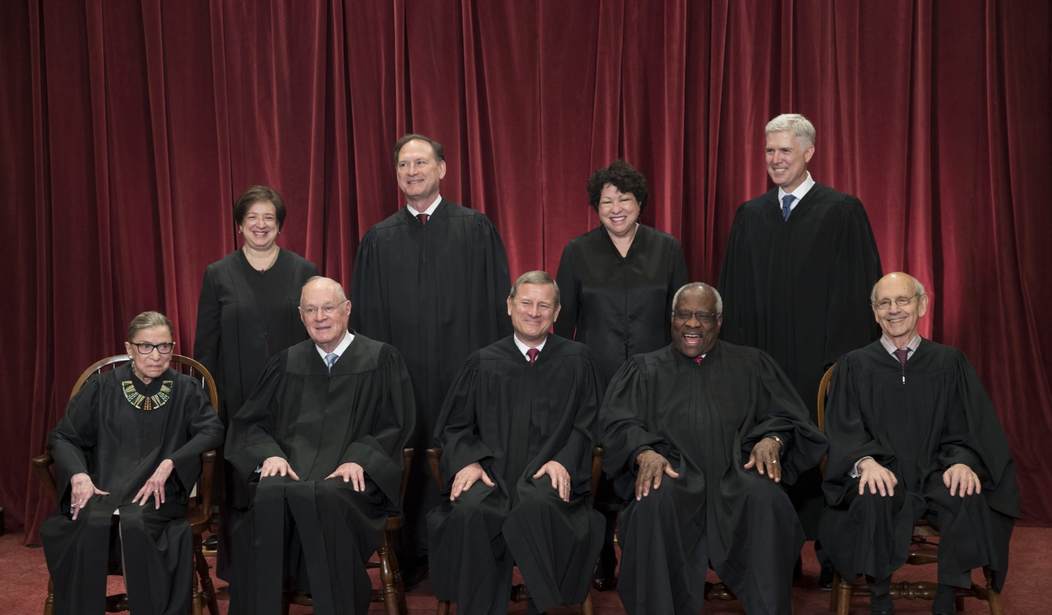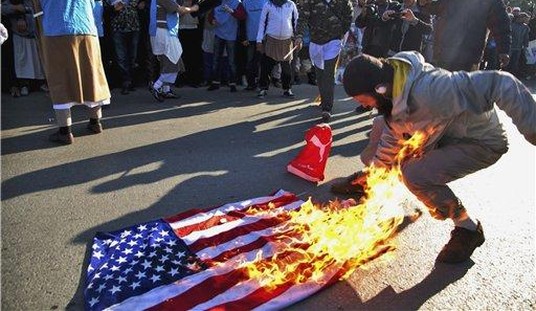The Wisconsin primary election will go forward as planned on Tuesday after the Supreme Court ruled 5-4 to block an order from Governor Tony Evers that would have extended absentee balloting.
The court was voting on whether to let stand a lower court order that allowed the extension of absentee balloting.
Evers had signed an executive order on Monday suspending in-person voting until May. A lower court had sided with Evers, but Republicans appealed that decision to the Supreme Court. The court made it clear that it was not ruling on whether the primary should go forward or whether absentee balloting should be extended.
In an unsigned order from which the court’s four liberal justices dissented, the court did away with the extension.
The top court’s five Republican-appointees, none of whom attached their name to the court’s order, reasoned that extending the date by which voters could mail absentee ballots “fundamentally alters the nature of the election.”
“Wisconsin has decided to proceed with the elections scheduled for Tuesday, April 7. The wisdom of that decision is not the question before the Court,” the order reads. “The question before the Court is a narrow, technical question about the absentee ballot process.”
Democrats feared that holding an in-person election during the pandemic would suppress the vote. But Republicans argued that the resulting confusion on when ballots must be cast would be just as harmful.
The court saw the issue as one of local control of elections.
The order from the Supreme Court puts a heavy emphasis on the fact that the date for the ballots to be postmarked — not just received by elections officials — had been extended. That remedy went beyond what Democrats had even sought, the court wrote.
“By changing the election rules so close to the election date and by affording relief that the plaintiffs themselves did not ask for in their preliminary injunction motions, the District Court contravened this Court’s precedents and erred by ordering such relief,” the Supreme Court wrote.
“This Court has repeatedly emphasized that lower federal courts should ordinarily not alter the election rules on the eve of an election,” the order reads.
The dissent of some liberal justices absolved individuals of responsibility to follow the simple rules of voting.
“While I do not doubt the good faith of my colleagues, the Court’s order, I fear, will result in massive disenfranchisement,” [Justice Ruth Bader] Ginsburg wrote. “A voter cannot deliver for postmarking a ballot she has not received. Yet tens of thousands of voters who timely requested ballots are unlikely to receive them by April 7, the Court’s postmark deadline.”
Apparently, not enough of the “right” voters applied for absentee ballots on time, so the solution is obviously extending the deadline.
For Wisconsin, there are other races in the primary besides the race for president, and those down-ballot candidates deserve to be treated fairly too. That some people were late getting their ballot requests mailed should not hold up the machinery of the entire election process.










Join the conversation as a VIP Member